At Texas A&M, it’s not uncommon to hear of Aggies commissioning into a branch of service like the U.S. Army or Navy. However, many students have never heard of the Public Health Service, one of the eight uniformed branches of the U.S. that has protected citizens from natural disasters, pandemics and global health threats for over 200 years.
On Wednesday, April 3, A&M’s School of Public Health held a movie screening for the “Invisible Corps,” a documentary produced by Emmy Award-winning creator Chris Schueler. The documentary highlights the work of the U.S. Commissioned Corps of the Public Health Service, or PHS. At the event, Admiral Brett Giroir, MD, and Capt. Sara Newman of the PHS were in attendance, along with Schueler to answer questions about the documentary and life in the Corps.
Newman said the PHS is a diverse group of individuals with jobs ranging from engineering, public health and social work.
“Anyone with a qualifying degree can join,” Newman said. “You need to be in an area of public health: engineering, medicine, dentist, veterinarian, therapist or even a social worker … could be qualified to join.”
Newman said this diversity of the PHS makes the job unique and worthwhile; part of the job is to be ready to deploy at any moment to a public health emergency, which is why so many skill sets are needed.
“We are on call every five months, and we could be deployed anywhere in the world for an emergency that could have a public health consequence,” Newman said. “It could be a flood, it could be a disease outbreak, it could be unaccompanied children who come from Mexico or other countries who are vulnerable … and we usually do it at the most inconvenient times, but that’s what we signed up for and that’s where the rubber hits the road in terms of you’re feeling really rewarded about the work you do.”
PHS members also have day jobs at government agencies like the FDA, National Institute of Health or National Park Service. However, Newman said PHS officers have to also be ready to go to work in dangerous situations in addition to their everyday jobs.
“We have great opportunities to serve our nation in a whole range of ways,” Newman said. “We had many of our officers who were there in the front lines during the Ebola outbreak in Africa. You didn’t see the Army or the Navy there, but the [PHS] was there on the frontlines and took the greatest risk.”
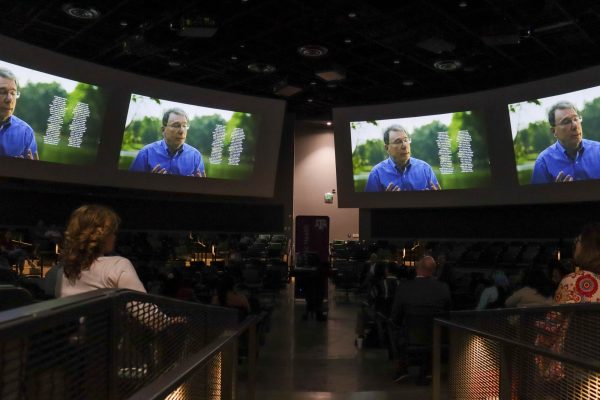
“Invisible Corps” director Chris Scheuler said he felt inspired by the great risks that many officers take despite how their efforts often go unnoticed.
“My job as a documentarian of social issues is to find a really important story that makes a difference in people’s lives,” Scheuler said. “The [PHS] is the nation’s health army. No other country in the world has this, and the amazing thing is that nobody’s ever heard about it … Hundreds of thousands of Americans are affected every single day by what the [PHS] does, and nobody knows they are there and that’s mind-blowing to me.”
Scheuler said he hopes the film will raise awareness of the work that the PHS does for Americans and people across the world.
“We hope that we can make a dent and make the Corps less invisible,” Scheuler said. “If we can get our congressional leaders to understand the importance of public health and the importance of the Commission Corps, then I think we’ve done our job. My job was easy because these people made it simple to tell a story.”
Admiral Brett Giroir was in charge of over six thousand PHS Corps members during his time as assistant secretary of health. He said he felt physically connected to his work when he was able to go from working in the office to being in the field.
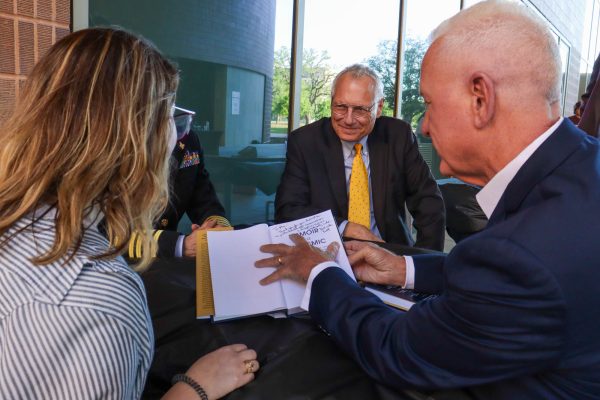
“Being part of the Corps really helped me transcend from policy, to boots on the ground, to what is really happening,” Giroir said. “One of the first crises I was involved in was at the border where we had influenza, measles and meningococcal meningitis. Customs and Border Protection [were] totally incapable of dealing with the situation, so we deployed the Corps. I went down four times to really understand and see what it was. So, it really gave me the opportunity to be at the policy level but also be boots on the ground … you really have to have them both.”
Giroir said much of the work the Corps members do is still predominantly behind the scenes, even when it impacts the lives of millions of Americans every day.
“The most visible thing is when there is an emergency like a hurricane, wildfire or outbreak of opioids, the Corp is there and will always be there,” Giroir said.
Giroir said behind the scenes, many PHS officers are working within health policy and making huge advances in biomedical research, including recently developing a new T-cell therapy for kidney cancer.
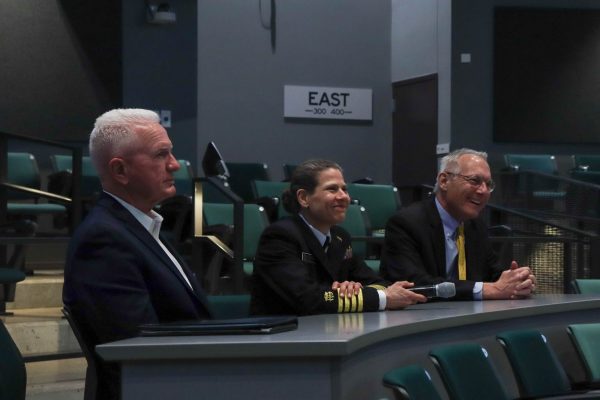
“You don’t see them, but they’re always there making a huge difference and a huge impact,” Giroir said. “Unlike other government workers, they don’t get overtime. If there’s a need, they work 24/7, 365 and that is just the way it is.”
Students of public health at A&M were welcomed to the movie screening on Wednesday to learn about opportunities within the PHS. Public health senior Alexandra Gomez, who attended the movie screening, said she wanted to learn more about unique jobs in the public health sector from professionals in the field.
“I came to see the Public Health Corp movie because I am really interested in learning more about different aspects of public health that not everyone knows,” Gomez said.
Newman said anyone interested in serving their country and protecting its health should consider applying to the PHS.
“You get to be a part of an institution that’s over 200 years old that was started by the second president of the United States,” Newman said. “It’s serving on the shoulders of people who have really contributed to this nation in unbelievable ways … those who have served in uniform have been at the crux of addressing the most critical public health issues of our times.”




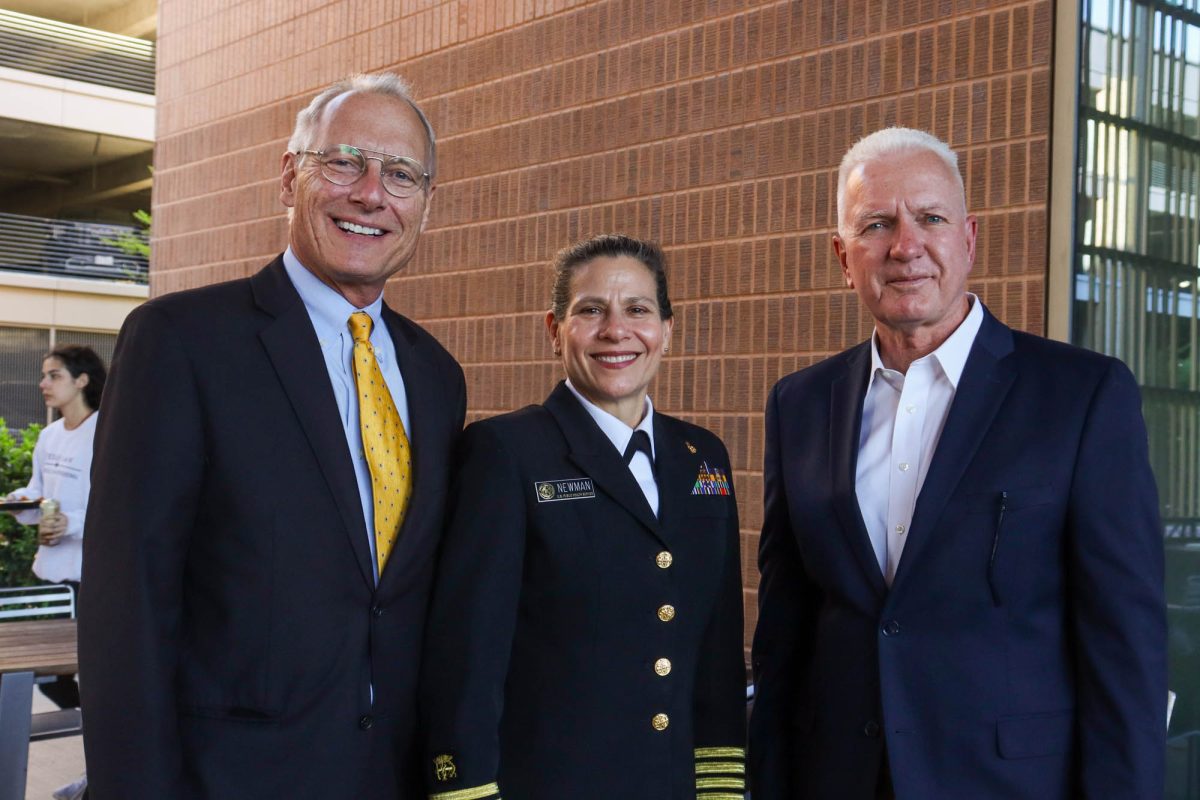
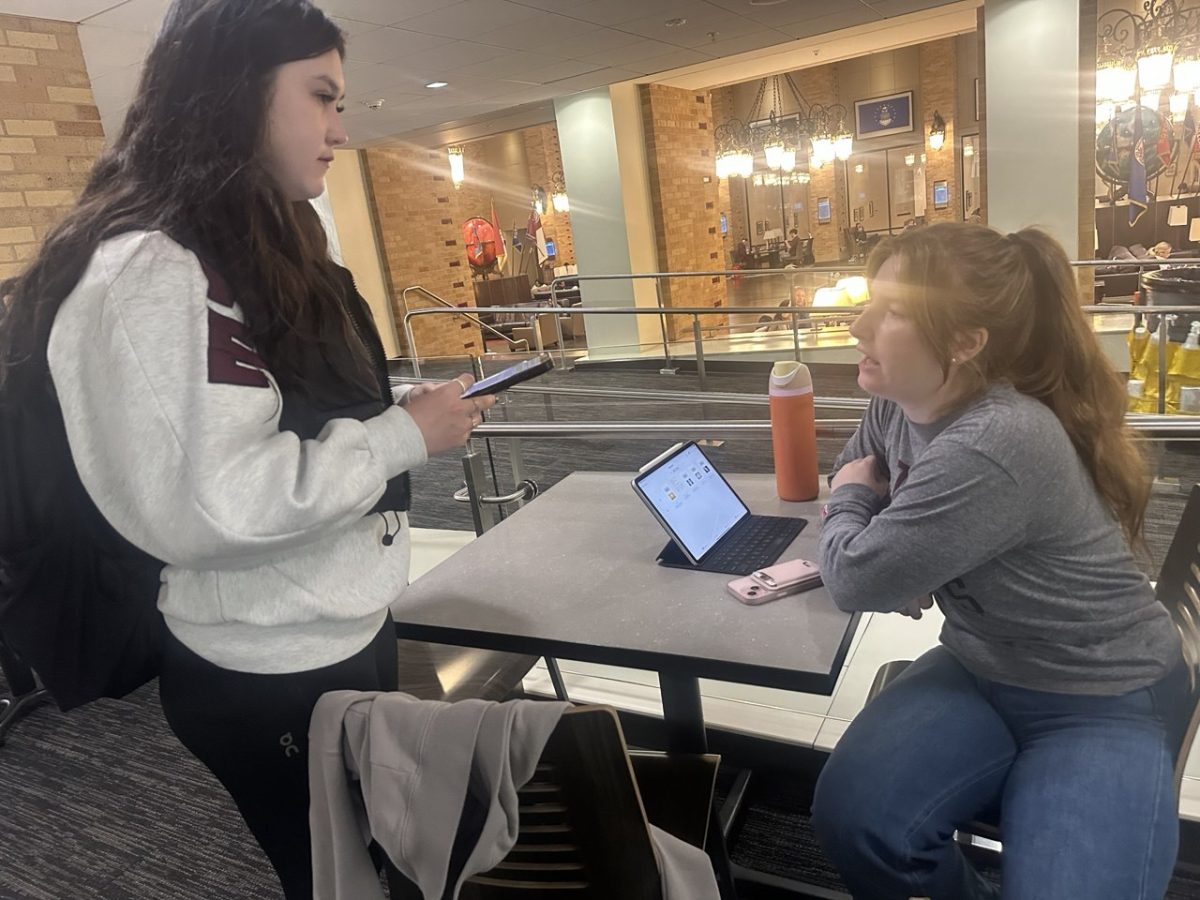
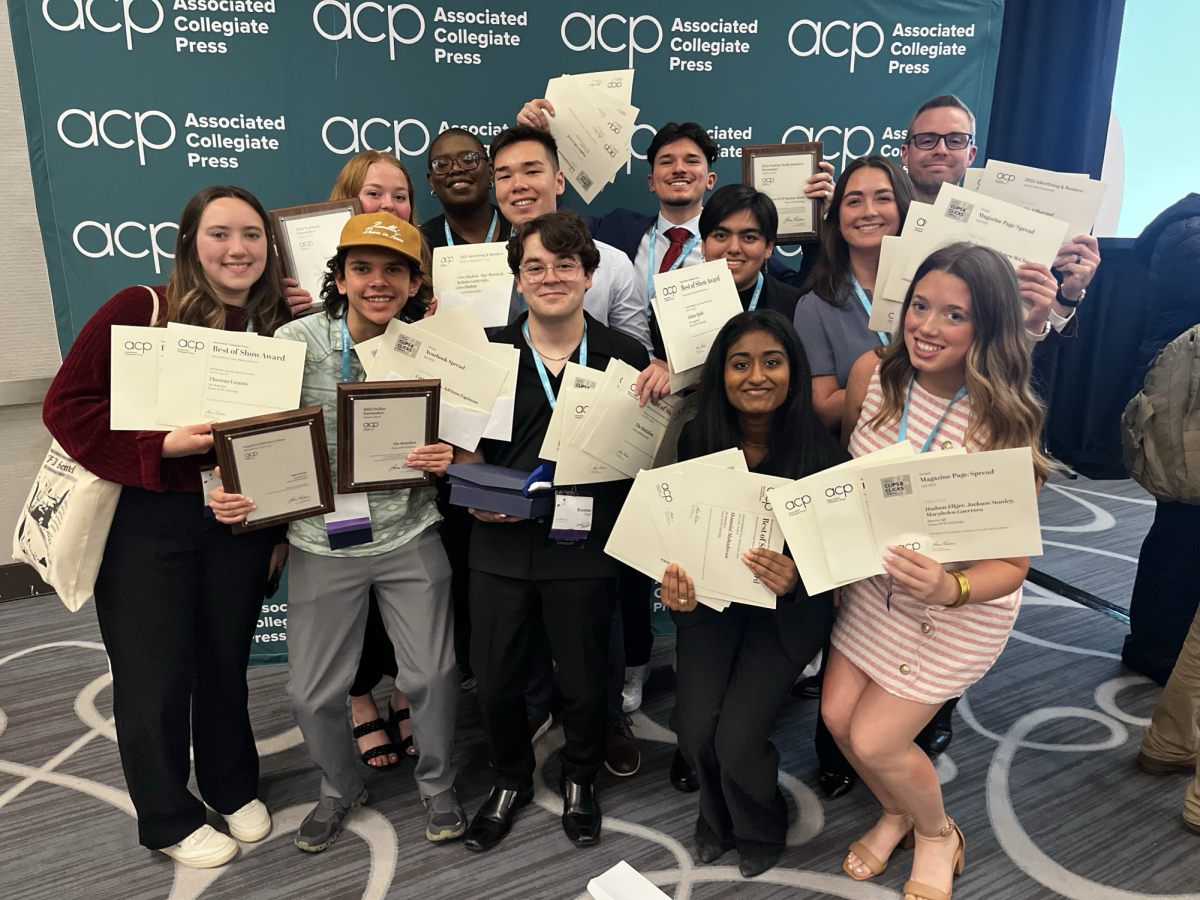
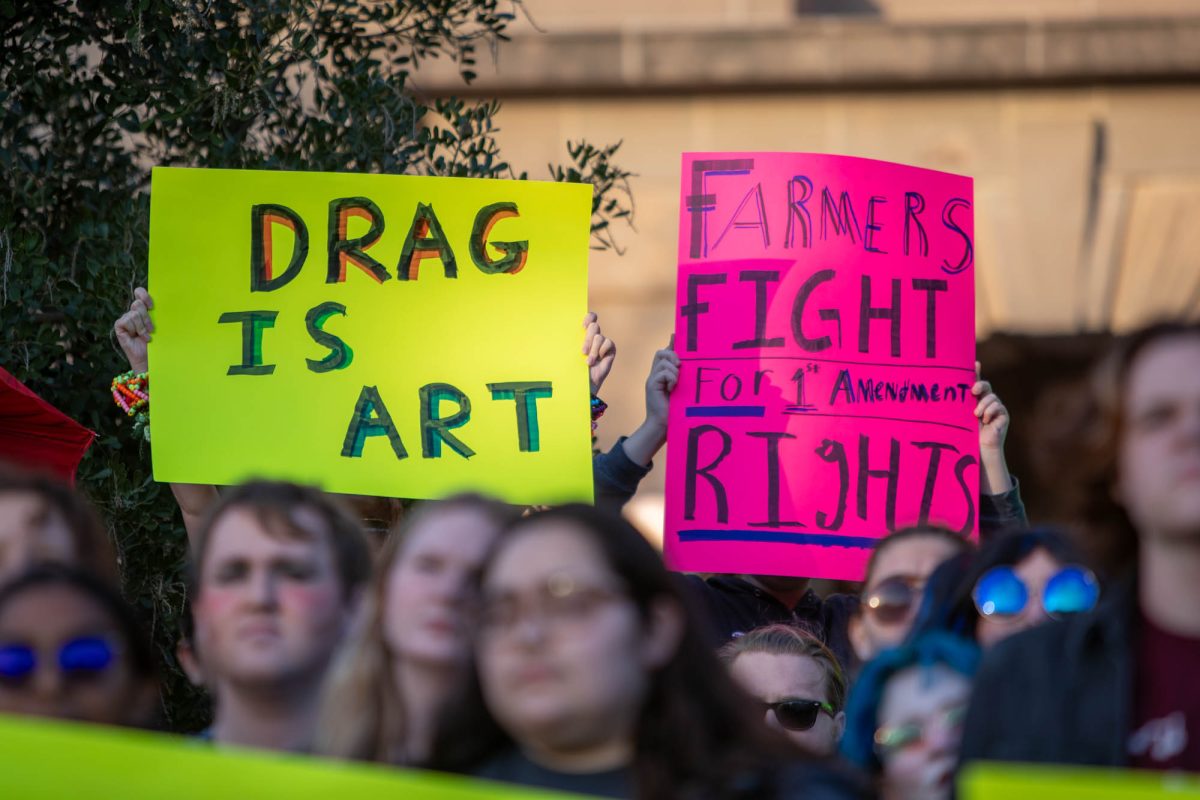
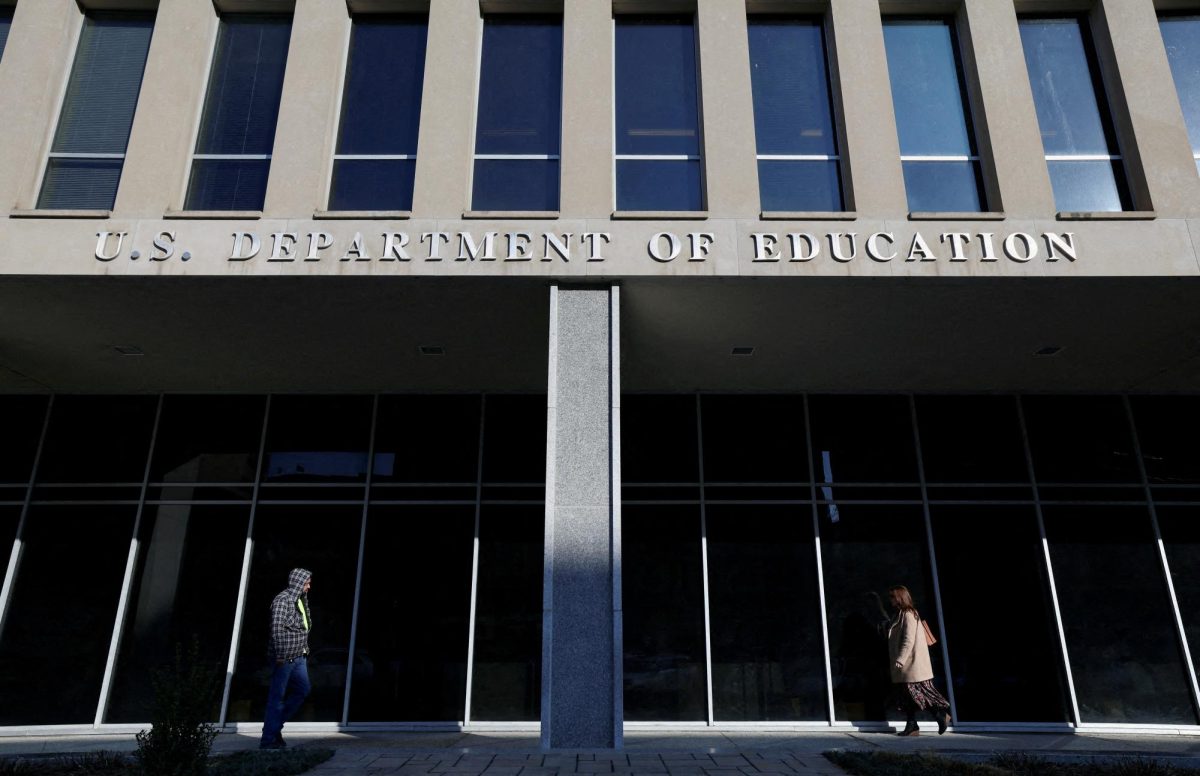

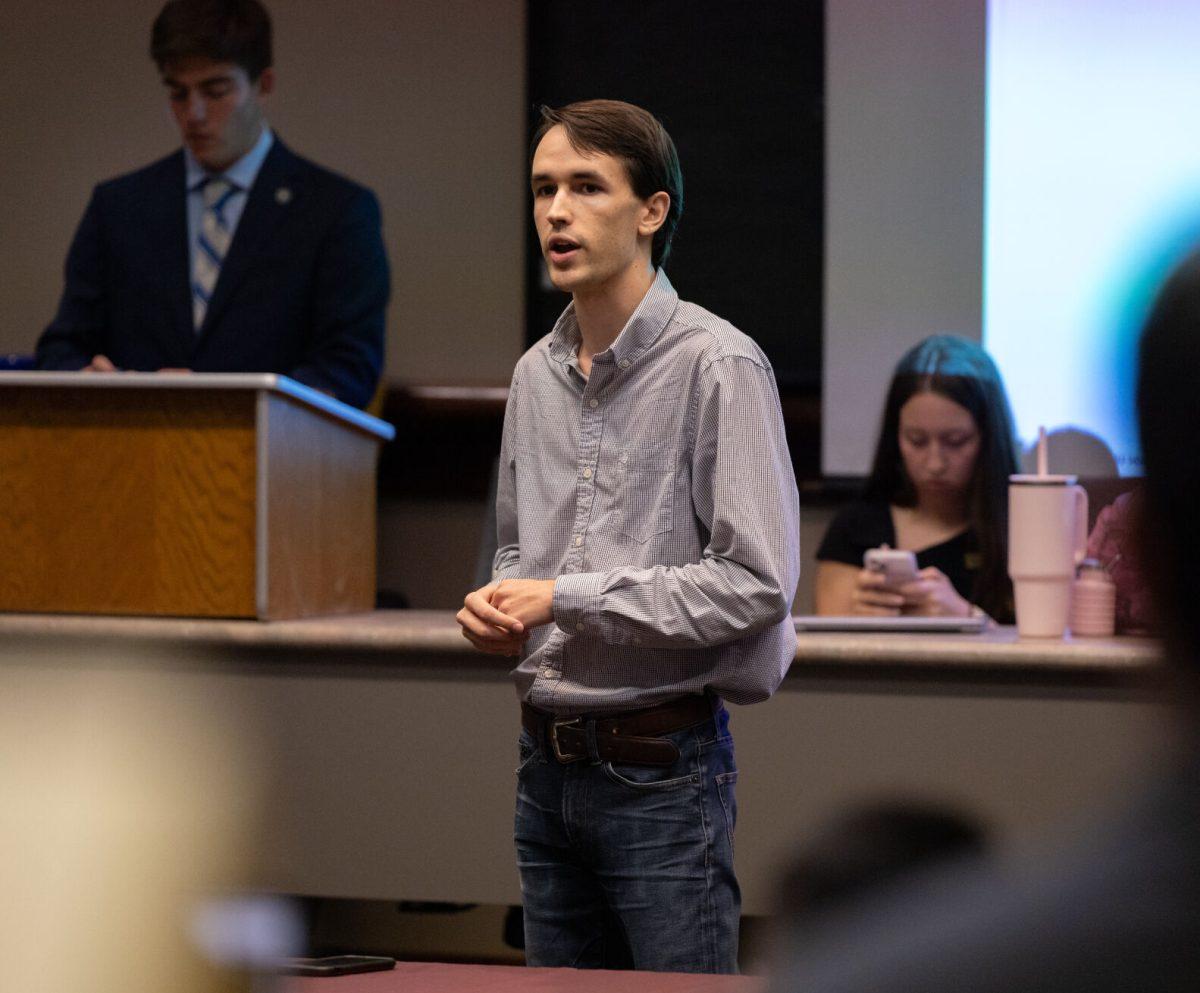


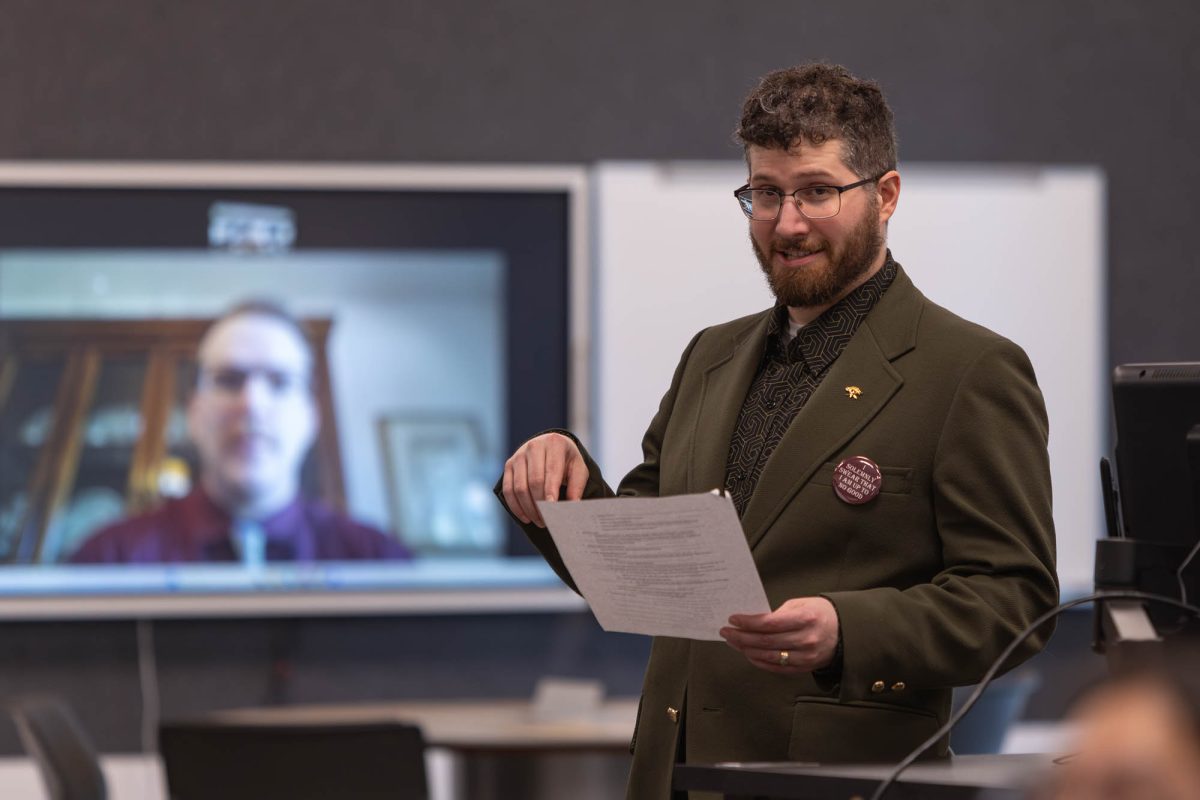
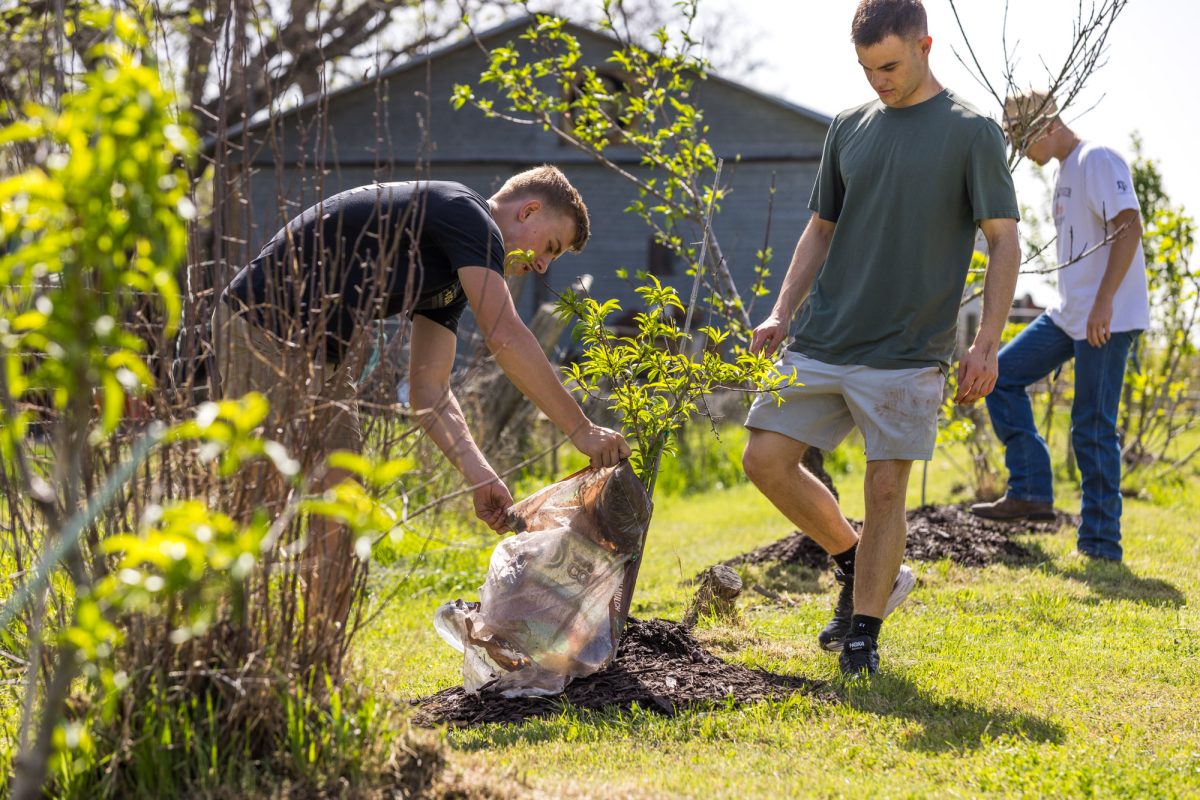



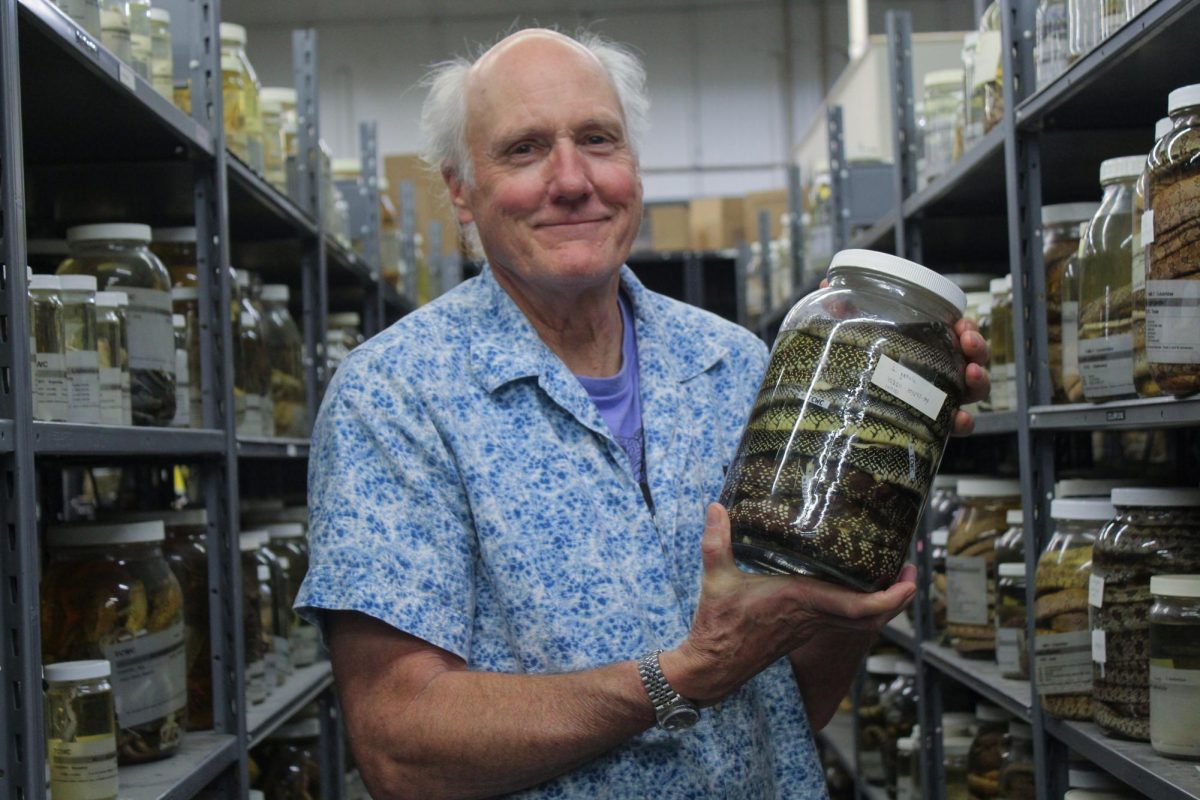

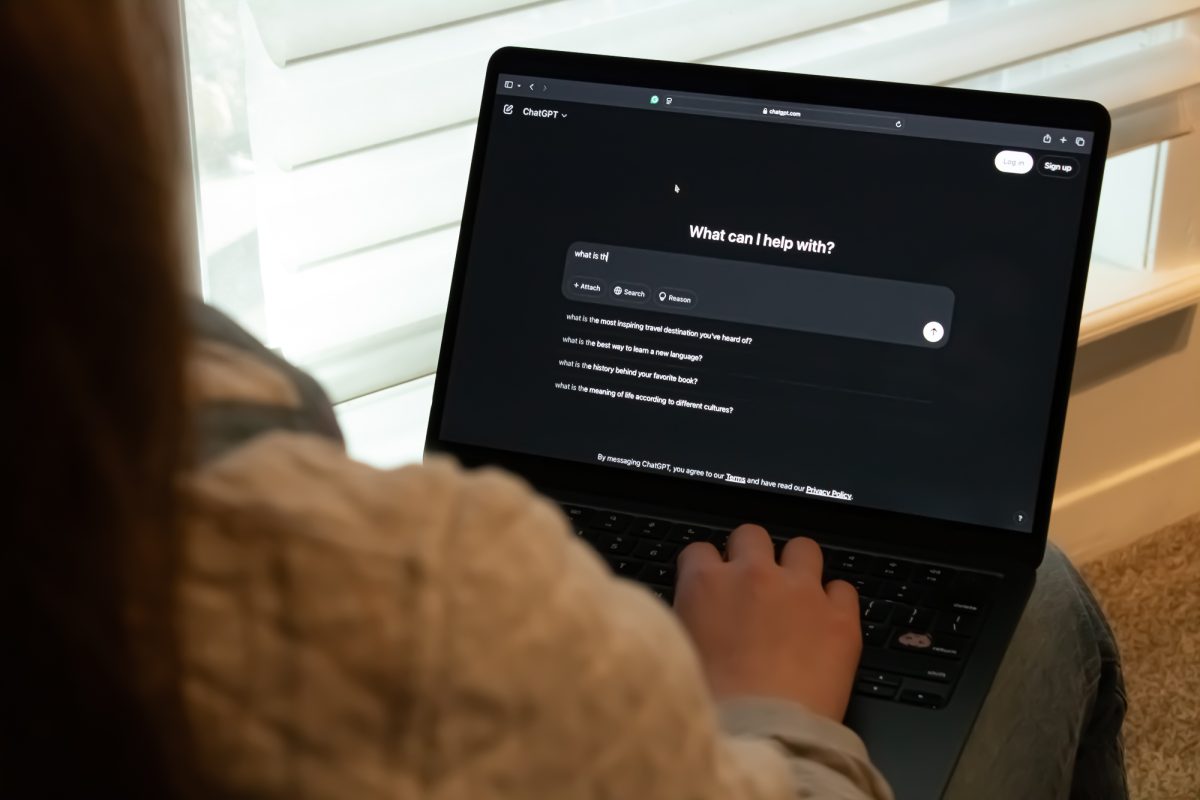


Mike Mecke • Apr 11, 2024 at 1:48 pm
Excellent article and policy! I hope that President Welsh and several of our university’s Deans, will meet and draw up a new permanent policy for introducing Public Health Service opportunities to sophomores in all pertinent discliplines. Giving them the chance to investigate, consider and tailor their degree program to better fit. I retired from the Bureau of Indian Affairs (BIA), USDI and it is an unknown agency in Texas, but very critical to much of the USA. Serving alongside the BIA on many reservations is the Indian Health Service which should be part of A&M’s presentation. Many of our Indian reservations sadly are the equal of 3rd world foreign countries and need not only good, dedicated BIA staff, ag & natural resource professionals, but teachers, law enforcement, medical personnel, counselors and more. You can work from the Mexican border to Canada to Alaska and more. I hope that our President, the Corps and medical departments will consider this. Native Americans are our “Forgotten Americans” and “Unknown Texans”.
Please forward a copy of this plea to President Welsh and the Deans. Thank you.